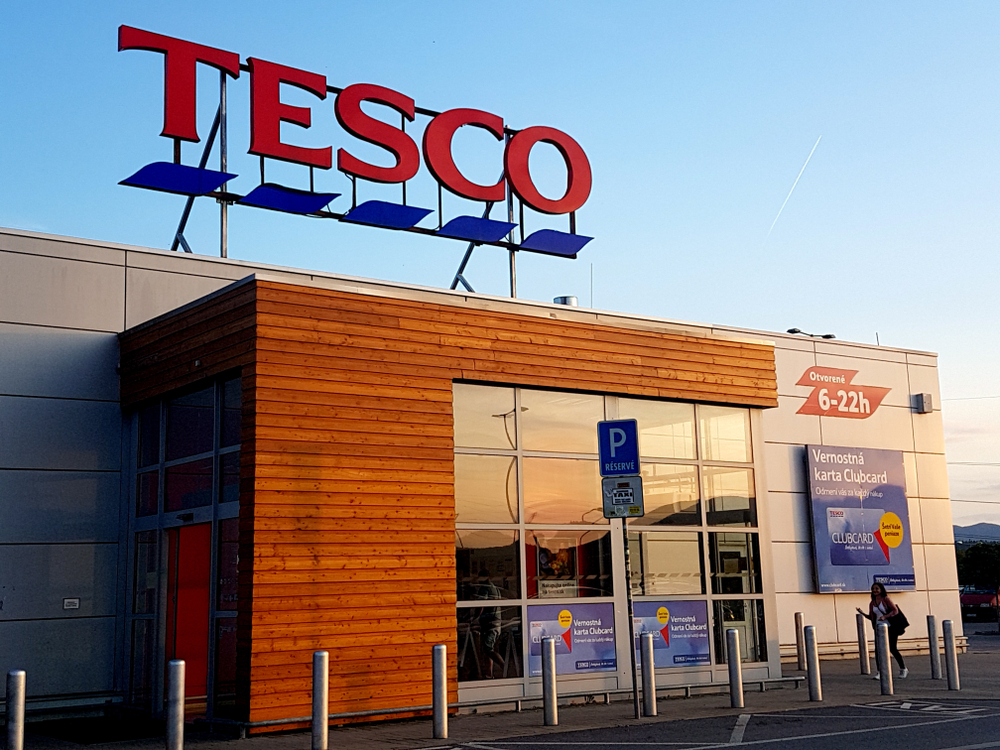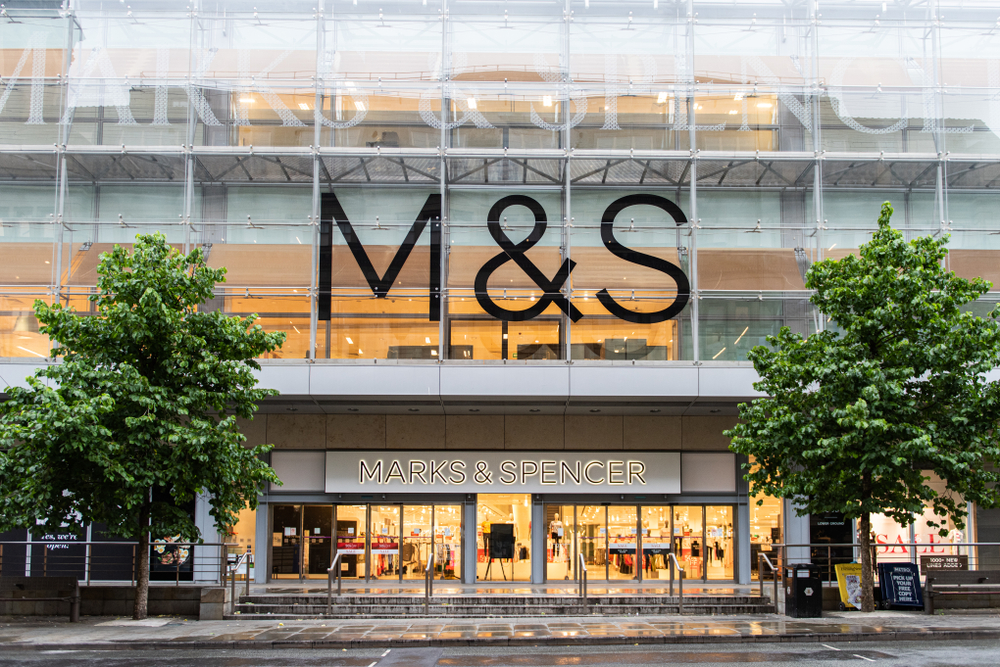As climate change and environmental awareness has moved to the forefront of consumers’ minds now more than ever, retailers have been upping their sustainability targets and initiatives to show they are committed to enforcing positive change.
For example, Pets at Home has begun trialling new dedicated recycling points for flexible pet food packaging in 40 of its stores to combat flexible pet food packaging waste, and Asda has significantly expanded its refill range at its flagship sustainability store in Middleton, Leeds. Other grocers, such as Waitrose, have also trialled refillable ranges.
But how effective are measures such as these and is there more that retailers should be doing?
The Intergovernmental Panel on Climate Change (IPCC) published its report on climate change on Monday and made it clear that time was running out for the world to take action to slow the impact of climate change.
Experts from the report stated that annual temperatures now are warmer than they were during “the warmest multi-century period in at least the last 100,000 years”.
“The IPCC report makes for grim reading,” said Jonathan Hall, a Kantar managing partner, sustainable transformation practice.
READ MORE:
- Pets at Home trials new recycling initiative
- Lidl scraps over 1bn pieces of plastic from UK stores
- 10 retailers that upped their sustainability goals this month
“While it doesn’t tell the scientific community anything they didn’t already know, for most people the sheer scale and urgency of the crisis we’re facing will be shocking and we’re likely to see consumers demanding that businesses as well as governments do more to act.
“Even before the report’s publication, this pressure was building from different stakeholders – from the public to investors.”
Nick Smee, senior associate at law firm Browne Jacobson, said that the retail industry has made commitments to achieving carbon neutrality by 2050 through initiatives such as The Race to Zero Breakthroughs: Retail campaign. However, the IPCC’s latest report emphasised the need to act more quickly.
“Whilst this challenges retailers to consider the impact of all aspects of their business model, there are equally significant opportunities for retailers that can get it right,” he told Retail Gazette.
“One of the fastest growing trends in the retail sector is the circular business model.
“Increasing numbers of retailers now provide re-sale, recycle and repair solutions – these initiatives promote reduced consumption/waste and foster an ongoing relationship with consumers.”
Smee explained that retailers such as Levi’s with its Buy Better, Wear Longer campaign and Patagonia, whose website has a dedicated re-sale section, are being joined by efforts from mainstream brands such as H&M.
“Rental is the next market we are likely to see booming post-pandemic, with start up brands challenging traditional retailers by offering a more ethical way to dress for a big occasion,” he said.
“The upstream supply chain also has a big impact on a brand’s sustainability. We see many retailers requiring suppliers to sign up to sustainability, environmental and ethical standards.
Checking and policing these standards across all tiers of the supply chain is the next challenge for brands to avoid claims of greenwashing.”

Another change that retailers can also consider is embracing greener practices in their own warehouses and stores.
“Some retailers are using innovative technology to pre-determine required stock levels and reduce the levels of waste,” Smee added.
“Retailers can also switch to renewable energy supply and introduce other green technologies such as solar panels and electric charging points.”
With prominent climate activists such as Greta Thunberg warning the public and businesses against greenwashing and the Advertising Standards Agency clamping down on unsubstantiated “green” and “sustainability” claims, there is more pressure than ever on retailers to ensure that they are making achievable commitments to fight global warming.
Jim Lovett is the chief executive of Advetec, an environmental biotechnology expert that specialises in the reduction of waste created in the retail industry. He said retailers should make it easier for customers to segregate and recycle more easily by creating less waste and using less non-biodegradable packaging.
“Set KPIs for carbon reduction and make these initiatives as important as driving profit,” he added.
“Explore technologies that reduce waste rather than making the cost of disposal cheaper.”
“Change always starts slow until it reaches a tipping point”
As more retailers enforce sustainability initiatives within their business models, Hall said there are “great examples of how to create a holistic strategy at the corporate level which can then be filtered down into concrete action for the benefit of employees and consumers”.
“Having a big vision is important to capture people’s hearts and minds but there has to be something tangible behind it too and a clear and practical route map,” he explained.
“Sometimes we see retailers taking a far too defensive stance on sustainability – putting commitments in place because they feel pressured to do so as part of their licence to operate.
“But the most effective initiatives are organic and come from a more positive and proactive place.
“It’s much easier for employees and consumers to get behind sustainability plans if they come from and are built into the heart of a business.”
Following the IPCC’s report, it is unclear if we will be able to see visible change brought on because of initiatives from retailers.
Hall said: “I am hopeful that we will see change and that it will be a combination of push and pull factors.
“Like much of the rest of the world, retailers are facing disruption from all sides: the climate crisis is triggering regulatory reform, tech innovation is running at pace and generational societal shifts are fundamentally changing what we do and think.
“Disruption is sometimes a very uncomfortable place to be, but it also brings with it great opportunities.
“Retailers need to manage their risks but capitalise on them too and make the most of what a changing world brings – to survive, thrive and prosper.
“In FMCG, for example, the most eco-aware consumers have a combined spending power of $382 billion so there is huge potential in the market for businesses that get sustainability right.”
Lovett said that many retail organisations are already measuring and monitoring their waste traffic, GHG production and carbon impact.
He said that lots of big companies are adopting target reductions on all of this data, but the real change will only come when there are financial benefits attached.
Click here to sign up to Retail Gazette‘s free daily email newsletter


















